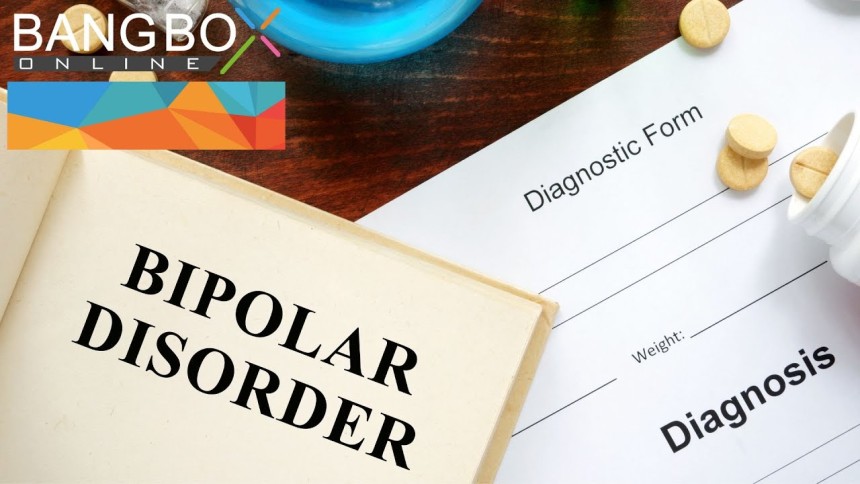
Bipolar Disorder
2023-07-17 08:17:18 - Bang Box Online
Bipolar disorder, formerly known as manic depression, is a mental health condition characterized by extreme mood swings that include episodes of mania and depression. These mood shifts can be intense and disruptive, affecting a person's thoughts, emotions, behavior, and overall functioning. Bipolar disorder affects millions of people worldwide and can have a significant impact on their personal and professional lives if left untreated.
Key Features of Bipolar Disorder:
- Manic Episodes: During manic episodes, individuals experience heightened and persistent feelings of euphoria, energy, and enthusiasm. They may exhibit increased self-confidence, engage in risky behaviors, have racing thoughts, and require little sleep. Mania can lead to impulsive decisions, such as excessive spending or risky sexual behavior.
- Depressive Episodes: Depressive episodes are characterized by feelings of deep sadness, hopelessness, and loss of interest in activities once enjoyed. Individuals may experience changes in appetite, energy levels, and sleep patterns. Suicidal thoughts or tendencies can also be present during severe depressive episodes.
- Bipolar I vs. Bipolar II: There are different subtypes of bipolar disorder. Bipolar I disorder involves full-blown manic episodes, whereas bipolar II disorder is marked by hypomanic episodes (milder form of mania) and more profound depressive episodes.
- Cyclothymia: Cyclothymia is a milder form of bipolar disorder, where individuals experience numerous periods of hypomanic symptoms and mild depressive symptoms for at least two years.
Causes and Risk Factors:
The exact cause of bipolar disorder is not fully understood, but it is believed to be the result of a combination of genetic, biological, and environmental factors. Family history of bipolar disorder or other mood disorders can increase the risk of developing the condition. Stressful life events, substance abuse, and significant changes in sleep patterns may also contribute to triggering bipolar episodes in susceptible individuals.
Treatment:
Bipolar disorder is a chronic condition, but it can be effectively managed through various treatment approaches, which often include:
- Medication: Mood stabilizers, antipsychotic medications, and antidepressants are commonly prescribed to manage and stabilize mood swings.
- Psychotherapy: Psychotherapy, such as cognitive-behavioral therapy (CBT) and interpersonal therapy, can help individuals understand and cope with their condition, develop healthy coping strategies, and improve overall functioning.
- Lifestyle Management: Regular exercise, a balanced diet, sufficient sleep, and avoiding alcohol and drug use can positively influence mood stability and overall well-being.
- Support Systems: Building a strong support network with family, friends, or support groups can provide emotional assistance and encouragement during challenging times.
Bipolar disorder is a complex and potentially serious mental health condition characterized by extreme mood swings. Early diagnosis and appropriate treatment are essential for individuals living with bipolar disorder to manage their symptoms effectively, lead fulfilling lives, and minimize the impact of mood episodes on their daily functioning and relationships. If you or someone you know is experiencing symptoms of bipolar disorder, seeking professional help from a mental health specialist is crucial for proper evaluation and support.
Follow us on:
Platform: https://www.bangboxonline.com/
Facebook: https://www.facebook.com/bangboxonline/

